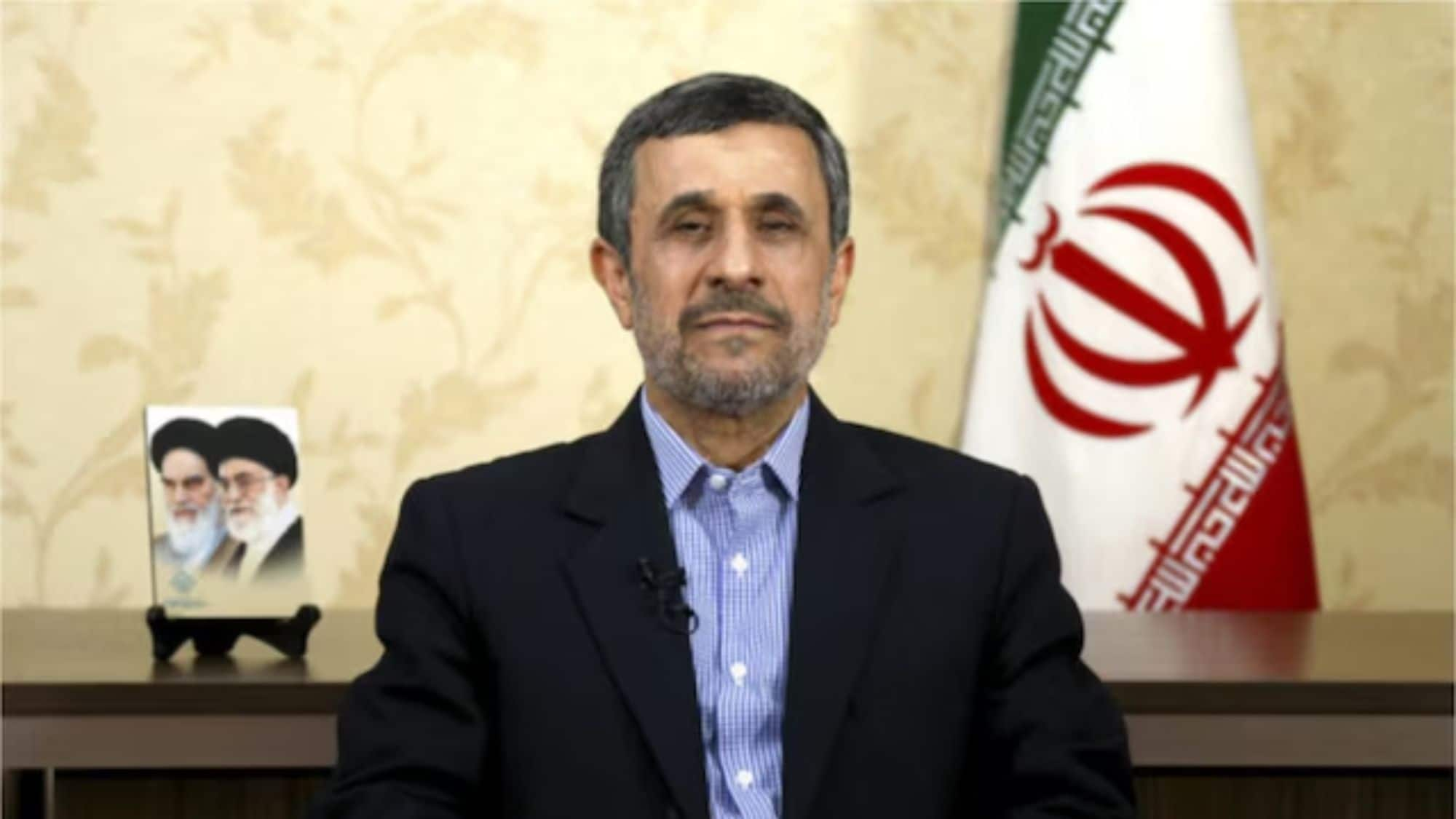Explosive Claims by Mahmoud Ahmadinejad
Former Iranian President Mahmoud Ahmadinejad has made sensational allegations regarding the infiltration of Iran’s intelligence agencies by foreign spies. In a recent interview with CNN-Turk, he asserted that the head of Iran’s Top Secret Service was actually an undercover agent for Mossad, Israel’s national intelligence agency. Ahmadinejad claimed that this situation facilitated the leaking of sensitive information related to Iran’s nuclear program, raising significant concerns about national security.
Details of the Allegations
During the interview, Ahmadinejad disclosed that a dedicated unit within Iran’s intelligence community, specifically formed to counter Mossad operations, was compromised. He stated, “The boss of Iran’s anti-Mossad secret agency was a Mossad agent himself,” indicating a severe breach of trust and loyalty within Iranian security circles.
Number of Compromised Agents
Ahmadinejad’s revelation included the claim that approximately 20 agents within this unit were, in fact, working for Mossad. These agents allegedly conducted operations in Iran that involved stealing crucial nuclear documents and targeting Iranian scientists.
Implications of the Claims
If Ahmadinejad’s assertions hold any truth, they highlight the extent of Israel’s influence and operational capability even within hostile territories. Such infiltration not only undermines Iran’s national security but raises questions about the effectiveness of its intelligence and counterintelligence measures.
Global Reactions
These revelations have sparked a flurry of debate among analysts and officials worldwide. A report from a French newspaper recently indicated that an Iranian spy had also tipped off Israel about the whereabouts of Hezbollah leader Hassan Nasrallah, who was reportedly killed in a recent airstrike in Beirut.
Historical Context
The concern over Mossad’s activities in Iran is not new. Several Iranian officials have previously expressed their fears regarding the espionage efforts by Israel. In 2022, a former minister who advised ex-President Hassan Rouhani noted that high-ranking officials had been assassinated due to infiltration by Israeli spies, showcasing a deep-rooted anxiety within Iran’s political landscape regarding espionage and internal security breaches.
Recent Events
The situation escalated last week when an airstrike conducted by Israel led to the death of Nasrallah, significantly impacting Hezbollah’s command structure in Lebanon. In a related incident, thousands of communication devices used by Hezbollah operatives exploded throughout Lebanon, resulting in numerous casualties. While it is widely believed that these attacks were orchestrated by Israel, the Israeli government has opted not to publicly confirm or deny its involvement.
Conclusion
As the situation continues to develop, the potential for further tensions within the region remains high. The veracity of Ahmadinejad’s claims could have profound implications for Iran’s geopolitical stance and its ability to safeguard sensitive information. The lingering questions about internal security and espionage will no doubt persist as both Iran and Israel navigate this complex web of allegations and counterclaims.











